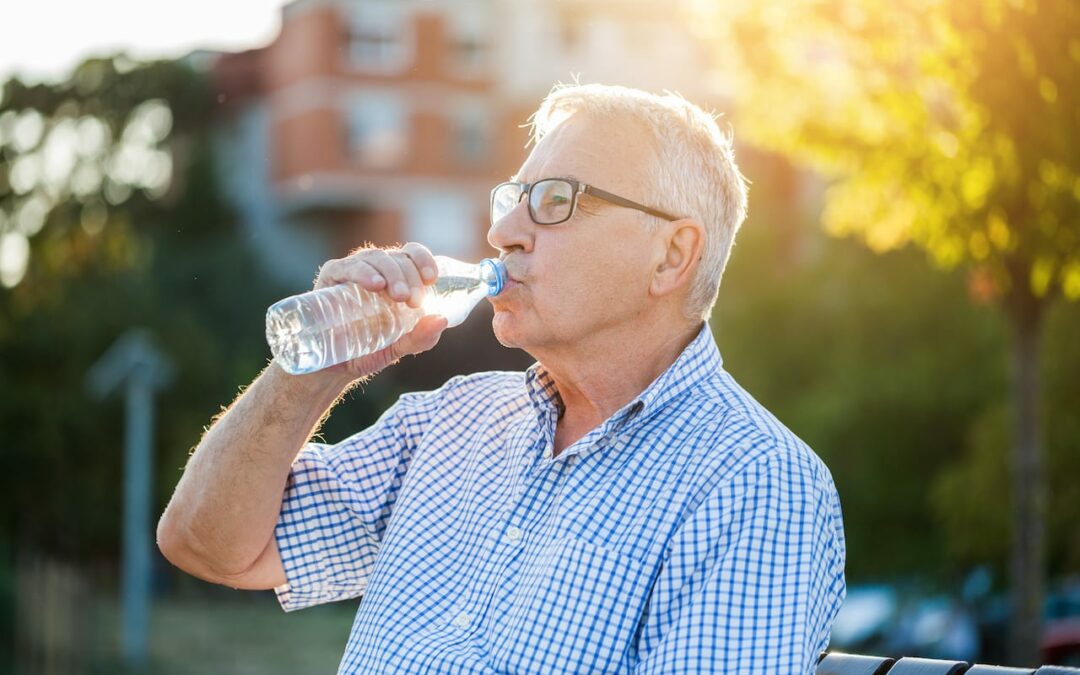As the mercury rises and the summer heat intensifies, it becomes more crucial than ever to prioritize staying hydrated. Dealing with scorching temperatures can take a toll on our bodies, making it essential to replenish lost fluids. By following these simple yet effective tips, you can ensure your wellbeing and make the most of your summer while keeping the risks of dehydration at bay.
Drink Plenty of Water: Make it a habit to drink water throughout the day, even if you don’t feel thirsty. Carry a reusable water bottle with you wherever you go, aim to drink at least 8 cups (64 ounces) of water per day.
Eat Hydrating Foods: Include hydrating foods in your diet, such as fruits and vegetables with high water content. Some examples may include cucumbers, watermelon, strawberries, oranges, tomatoes, and leafy greens. These foods not only provide hydration but also offer essential vitamins and minerals.
Limit Diuretic Beverages: Reduce or avoid diuretic beverages like coffee, tea, and alcohol as they can increase urine production and contribute to dehydration. If you do consume them, ensure you drink extra water to compensate for their diuretic effects.
Stay Ahead of Your Thirst: Don’t rely solely on feeling thirsty as an indication to drink water. By the time you feel thirsty, you are slightly dehydrated. Drink water consistently throughout the day to stay hydrated.
Hydrate Before Outdoor Activities: If you plan to engage in outdoor activities, drink plenty of water before, during, and after to replenish fluids lost during sweat. Consider sports drinks or electrolyte-rich beverages for intense physical activities lasting more than an hour, as they can help replace electrolytes lost through sweat. You should also wear light-colored and loose-fitting clothing made of breathable fabrics to help regulate body temperature and reduce sweating.
Seek Shade and Stay Cool: Whenever possible, seek shade or spend time in air-conditioned spaces to prevent excessive heat exposure. Avoid prolonged sun exposure during peak hours when temperatures are highest.
Monitor Urine Color: Keel an eye on your urine color to gauge your hydration levels. Pale yellow urine indicates good hydration, white dark yellow or amber urine suggests dehydration.
Remember, staying hydrated is essential for overall health and well-being. By incorporating these strategies into your daily routine, you can maintain optimal hydration levels, especially during the hot summer months.

